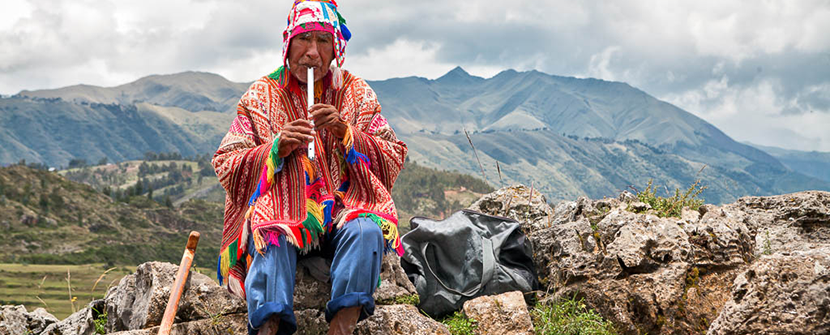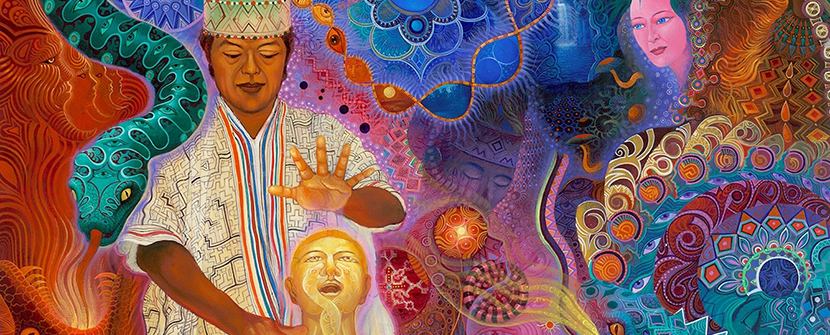Shamanism has been practiced for thousands of years in various cultures around the world, and continues to be practiced today. In the past, shamans were often seen as the spiritual leaders of their communities, using their knowledge of the natural world and spiritual realms to heal the sick, communicate with spirits, and offer guidance and advice.
It involves the use of ritual, prayer, and often the use of plants or other substances to facilitate altered states of consciousness and access to the spiritual world. In this blog, we'll explore the history of shamanism, its cultural significance, and how it is practiced in modern times.
Origins and History of Shamanism
The origins of shamanism are difficult to pinpoint, as the practice predates recorded history. However, anthropologists believe that shamanism originated in Siberia, where the term "shaman" is derived from the Tungus language. Shamanism spread throughout Asia and Europe, eventually reaching the Americas and Africa.
Shamanism is a spiritual practice that is often tied to the natural world and the elements, and many shamanic traditions involve the use of plants, animals, and other natural objects in ritual and ceremony. Shamans serve as spiritual leaders, healers, and guides, helping individuals and communities connect with the spirit world and access its wisdom and healing power.
Shamanic Practices and Beliefs
Shamanic practices can vary widely depending on the culture and tradition in which they are practiced. However, some common themes and beliefs can be found across many shamanic traditions.
One of the most important beliefs in shamanism is that everything in the natural world is connected and has a spirit or essence. Shamans believe that these spirits can be communicated with and that they can offer guidance, healing, and protection to those who seek their help.
Shamanic practices often involve the use of ritual and ceremony, which may include the use of drumming, chanting, and dancing to alter consciousness and connect with the spiritual world. Some shamanic traditions also use psychoactive plants or other substances to facilitate altered states of consciousness and spiritual experiences.
Shamanic healing is another important aspect of the practice, and shamans use a variety of techniques to diagnose and treat illness or imbalance. These techniques may include energy healing, herbal medicine, and spiritual counseling.
Shamanism Today
Despite centuries of persecution and suppression by colonial powers, shamanic traditions have survived in many cultures around the world. In recent years, there has been a resurgence of interest in shamanism among people seeking spiritual connection and healing.
Modern practitioners of shamanism often blend traditional practices with contemporary techniques, such as meditation and visualization. Shamanic healers may also work alongside medical professionals to provide holistic care to individuals in need.
However, it's important to note that the use of psychoactive plants or other substances in shamanic practice can be risky and should be approached with caution. It's also important to respect and honor the cultural origins and traditions of shamanism, rather than appropriating them for personal gain or profit.
In conclusion, shamanism is a rich and diverse spiritual practice that has been used by cultures around the world for thousands of years. Its practices and beliefs continue to evolve and adapt to modern times, offering spiritual seekers and healers a powerful tool for connecting with the natural world and the spirit realm.



